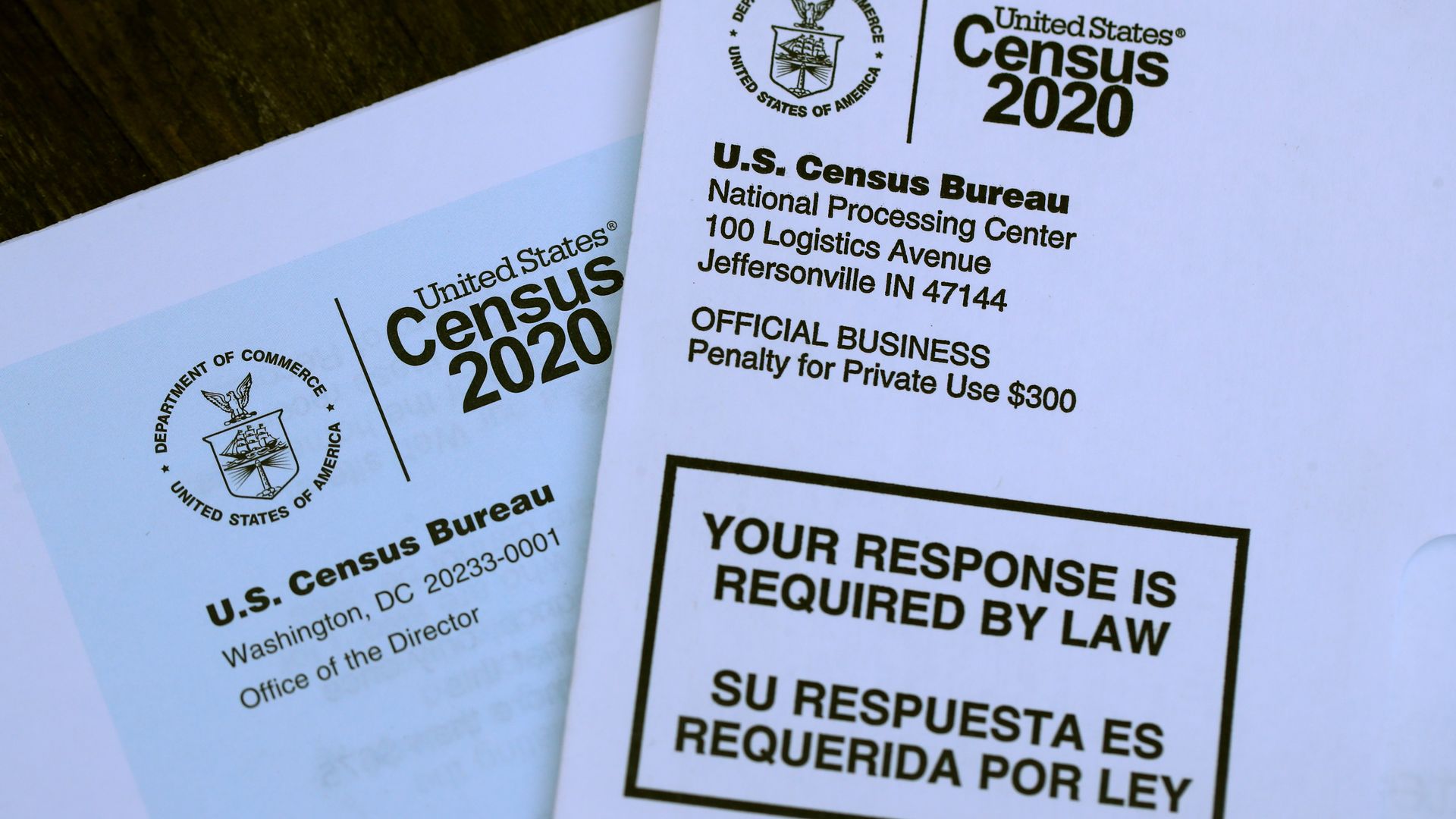Jul 25, 2020 - Politics & Policy
States would lose House seats if census excludes unauthorized immigrants
Add Axios as your preferred source to
see more of our stories on Google.

Photo: Justin Sullivan/Getty Images
Add Axios as your preferred source to
see more of our stories on Google.

Photo: Justin Sullivan/Getty Images